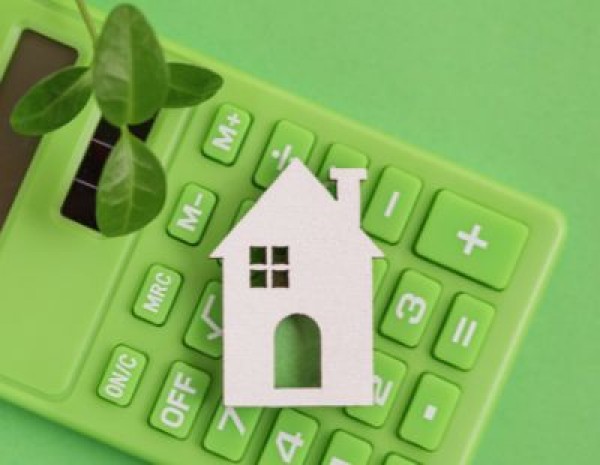
Nowadays, landlords are often seeking ways to reduce emissions and make their rental properties more energy efficient. The labour and material required to meet this objective are, however, costly, leading landlords to pursue cheaper options.
To help meet the increasing level of demand for eco-friendly homes, more green mortgages are coming to the property market.
Here at Kings Group, we provide a breakdown of why the demand for green mortgages is increasing among landlords and exactly what green mortgages entail.
All about green mortgages
Landlords who purchase a property that is already energy-efficient or agree to transform their home into an energy-efficient property can qualify for a green mortgage.
These mortgages provide landlords with beneficial terms and incentives and vary depending on the lender.
Common rewards and incentives include cheaper interest rates compared to competitors, cashback, and an increased loan amount by the bank.
Energy performance certificates highlight the energy efficiency of a home and are relied on by tenants and landlords to understand exactly how energy efficient the property is as well as changes required to boost the overall score.
An ‘A’ is the highest, a ‘D’ rating is the average, and a ‘G’ is the lowest score. The rating helps to recognise the level of work required to increase energy efficiency. This is also a firm indicator of how much money should be set aside to achieve this goal.
With landlords expected to shell out a staggering average of £15,000 to get their homes up to scratch, green mortgages ease the burden by lowering the overall cost of making improvements.
Why are green mortgages so significant?
Landlords understand that the current rental market values eco-friendly homes and the government’s targets based on reducing energy emissions are swiftly approaching.
Energy bills rose by an average of £693 in April this year, pushing tenants to explore ways to reduce their energy bills. Eco upgrades that use energy-efficient materials in homes are renowned for lowering electricity bills and carbon footprints. Therefore, modern-day tenants seem to be prioritising eco-friendly homes.
Furthermore, landlords are beginning to prepare for anticipated changes to minimum energy performance standards in the private rented sector. Under these changes, the EPC rating is set to increase to a ‘C’ rating by 2025 for all new tenancies and 2028 for existing tenancies.
As a landlord, you’ll want to attract tenants and follow government guidelines, but you’ll also understand that fixes around the home that boost EPC ratings are expensive. For this reason, additional help to cut down the costs is being welcomed.
During the first half of its financial year, Paragon Bank increased buy-to-let lending by 19.5%. In the six months to March 31st, it completed £854.6 million of buy-to-let loans.
Paragon Bank claims that there has been a strong increase in green mortgage completions after launching products with a pricing incentive for more energy-efficient properties.
In total, £353 million completions were for properties with an EPC between ‘A’ and ‘C’. Compared to 2021, this is a 38.4% increase.
As the rental market continues to prioritise reducing carbon footprint, cutting emissions, and increasing EPC ratings, green mortgages are expected to generate even more attention.
More strategies and products that will make green homes easier to attain are also likely to come to the property market over time. Landlords who make use of these incentives will be well-prepared for upcoming changes regarding EPC requirements and meet the demands of eco-conscious tenants.
For information and advice on the lettings process do not hesitate to contact us at one of our branches in Essex, London, or Hertfordshire.
We also offer a free and instant online valuation to help you understand exactly how much your property is worth and how much you could charge prospective tenants who rent.
